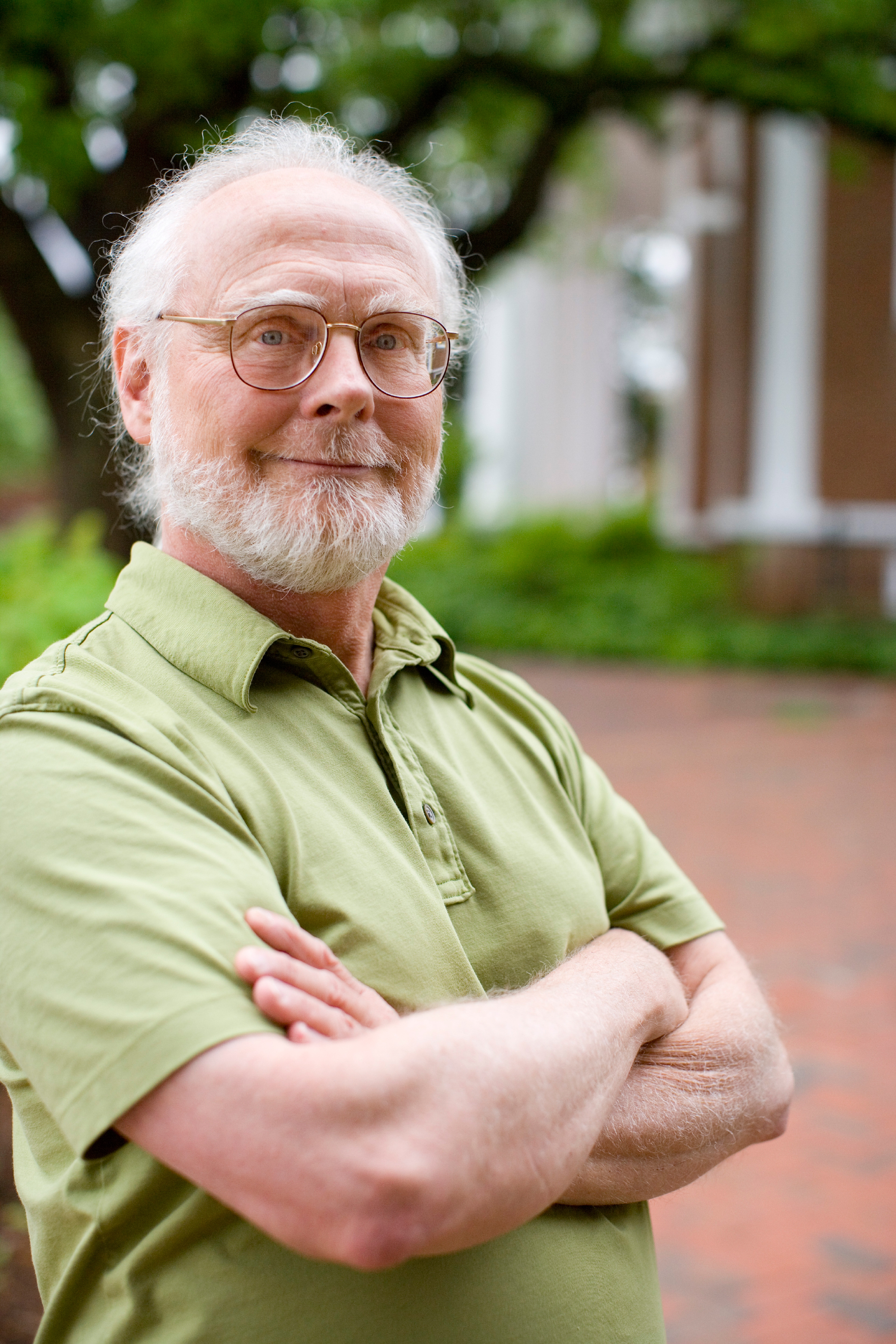“In many respects, digital humanities and Faulkner’s imagination were made for each other,” said English professor Stephen Railton of the University of Virginia’s College of Arts & Sciences.
He and a U.Va. team of database and Web developers are creating an online resource to enable the mapping and study of William Faulkner’s fiction and his imaginary county of Yoknapatawpha. The project will include two dozen Faulkner scholars from around the country who have signed on since the University Library’s Digital Media Lab built the digital prototype in 2011.
Now, Railton has won a National Endowment for the Humanities grant to develop the prototype of “Digital Yoknapatawpha,” one of 23 awards the NEH made in its Digital Humanities Start-Up Grant Program.
Widely recognized as one of the human imagination’s greatest achievements, Yoknapatawpha is the imaginary county in northeastern Mississippi that serves as the setting for Faulkner’s major works, 15 novels and 48 stories written between 1926 and 1960.
The nearly $60,000 grant “will enable the project’s national team of scholars to conceptualize larger questions about Faulkner’s fiction and, with U.Va. technologists, to develop digital ways to answer them, opening up digital pathways to new patterns of meaning, new insights into the author’s art, and the working of the imagination,” Railton wrote in a description of the project.
“First, it aspires to reshape the teaching of, and scholarly engagement with, the art of one of American literature’s greatest authors. At the same time, it seeks to provide models for new forms of engagement with the largest questions that all students of literature and culture are trying to answer,” he wrote.
The U.Va. team working with Railton includes Rafael Alvarado, from the Sciences, Humanities and Arts Network of Technological Initiatives, better known as SHANTI; Jama Coartney, from the University Library’s Digital Media Laboratory; and Worthy Martin, co-director of the Institute for Advanced Technology in the Humanities. Together with a growing number of participating scholars, they aim to create a more sophisticated and interactive website that will continue to aggregate data of characters, events and settings from Faulkner’s Yoknapatawpha fiction.
Railton previously worked with the library’s Scholar’s Lab to post “Faulkner at Virginia: An Audio Archive,” from Faulkner’s time as U.Va.’s first writer-in-residence in 1957 and 1958. The online archive includes almost 30 hours of Faulkner reading from his fiction, giving remarks at public events and answering questions about his work in English classes at U.Va.
A major goal of the “Digital Yoknapatawpha” project, Railton said, is to enable users to visualize the writer’s larger, lifelong artistic and moral ferment: the acts of re-creation that were shaped by Faulkner’s continuously evolving social, historical, artistic and moral preoccupations.
“At the heart of our project is an atlas of interactive maps,” said Railton, who teaches 19th and 20th-century American literature, including courses on Mark Twain, in addition to his scholarly pursuits. When he began the project, he had something to work with in addition to Faulkner’s writing: the author drew and published two maps of Yoknapatawpha himself, in 1936 and 1946.
“Faulkner’s early, most Modernist novels experiment with nonlinear, a-chronological, recursive forms of narrative in ways that anticipate the dynamics of hyper-textuality,” Railton said. “And as his novels and stories kept returning to that one fictional ‘postage stamp of soil,’ as he called Yoknapatawpha, re-presenting characters, events and settings from previously published fictions in new stories, the world he was creating and re-creating became the sort of linked and inter-linked nexus of data points that Internet users navigate every time they go online.”
Railton acknowledged the work of scholars for more than half a century who have published in print guides to Faulkner’s plots and characters, themes and meanings. The “Digital Yoknapatawpha” project will draw on that accumulated body of information – “gratefully,” he said.
“But we believe that it is time to test the capacities of new technologies to record and explore Faulkner’s achievement, and to provide students and critics with new modes of apprehending all that it can teach us.”
Media Contact
Article Information
May 3, 2013
/content/armed-neh-grant-railton-marshals-team-build-digital-yoknapatawpha

